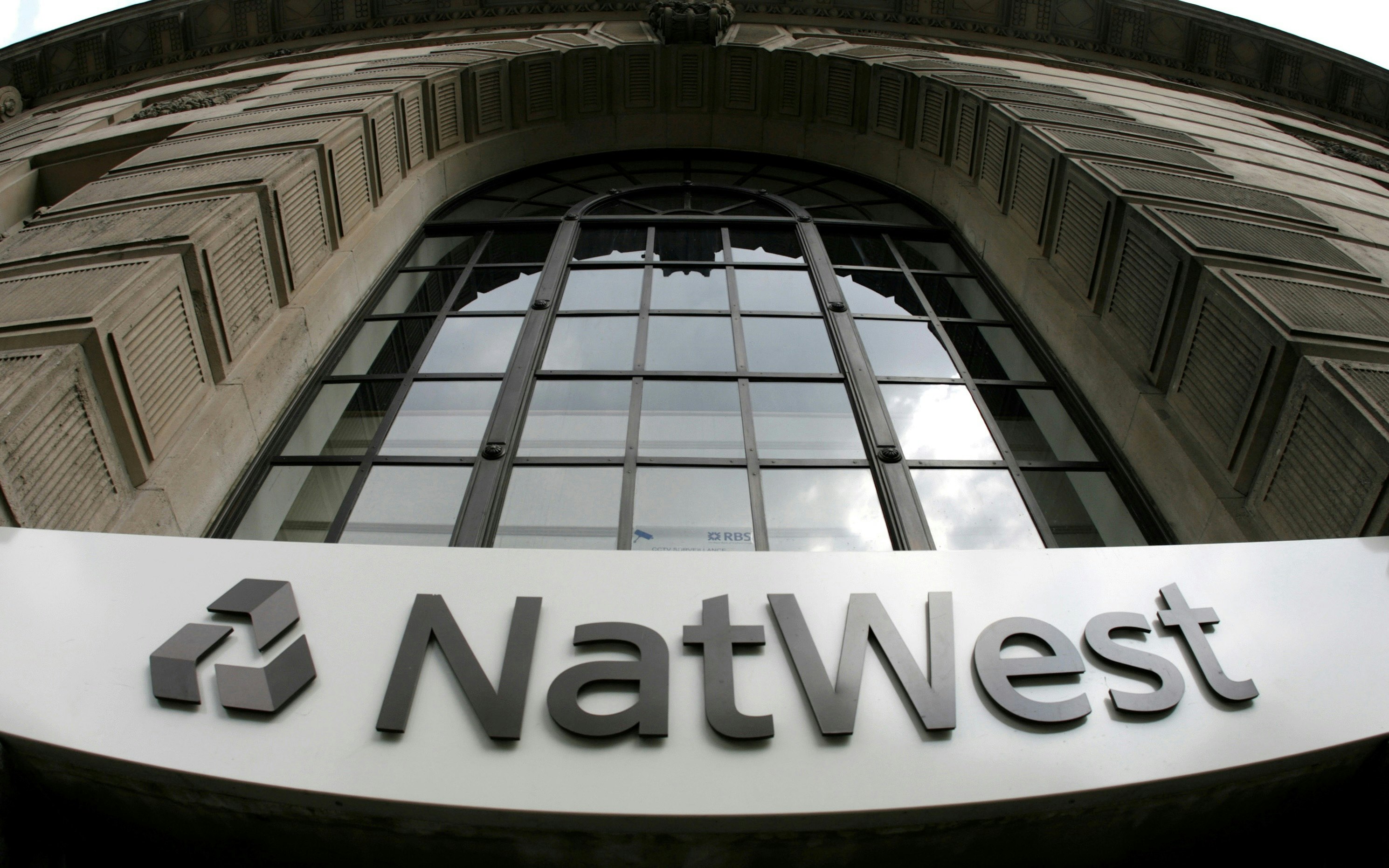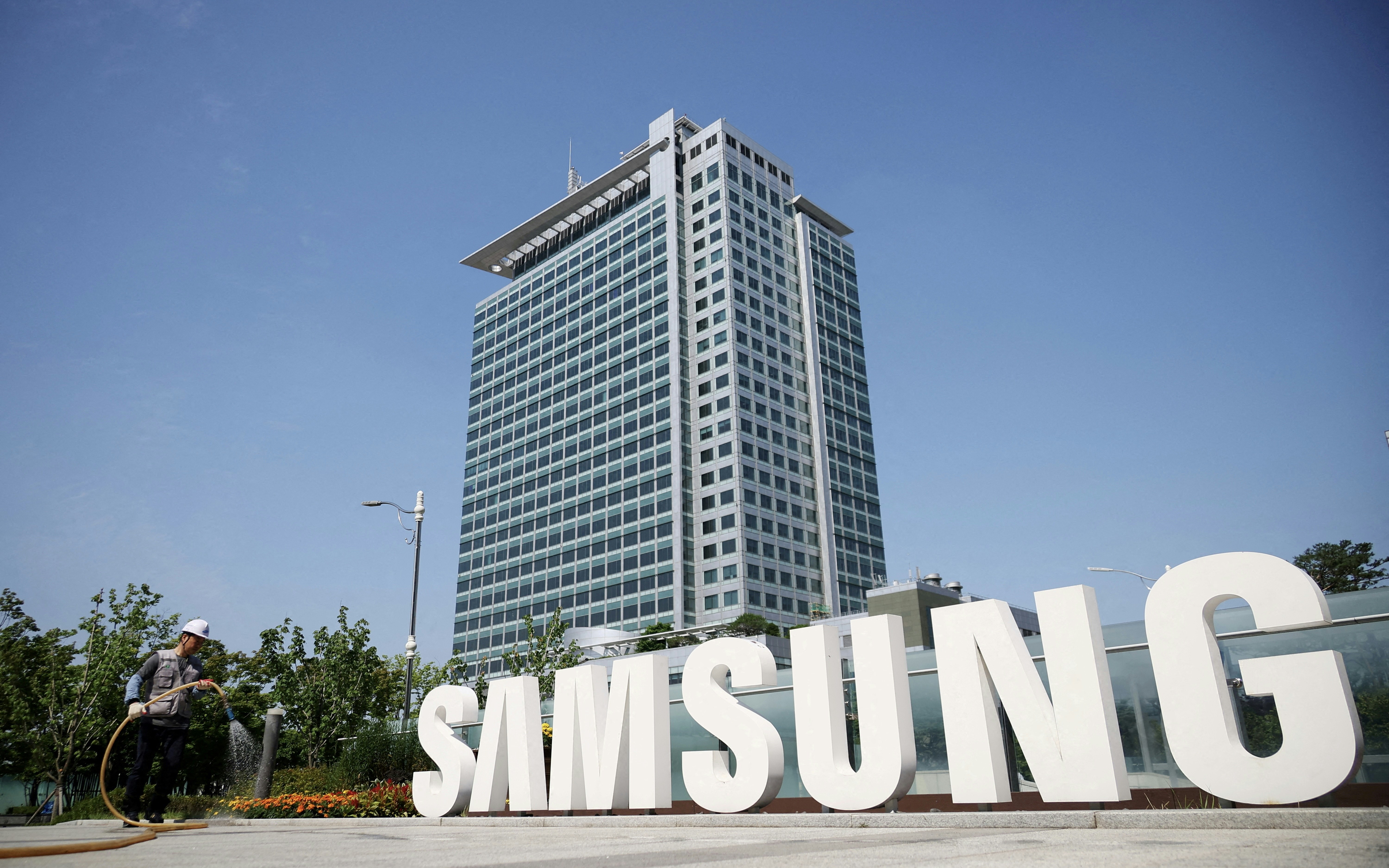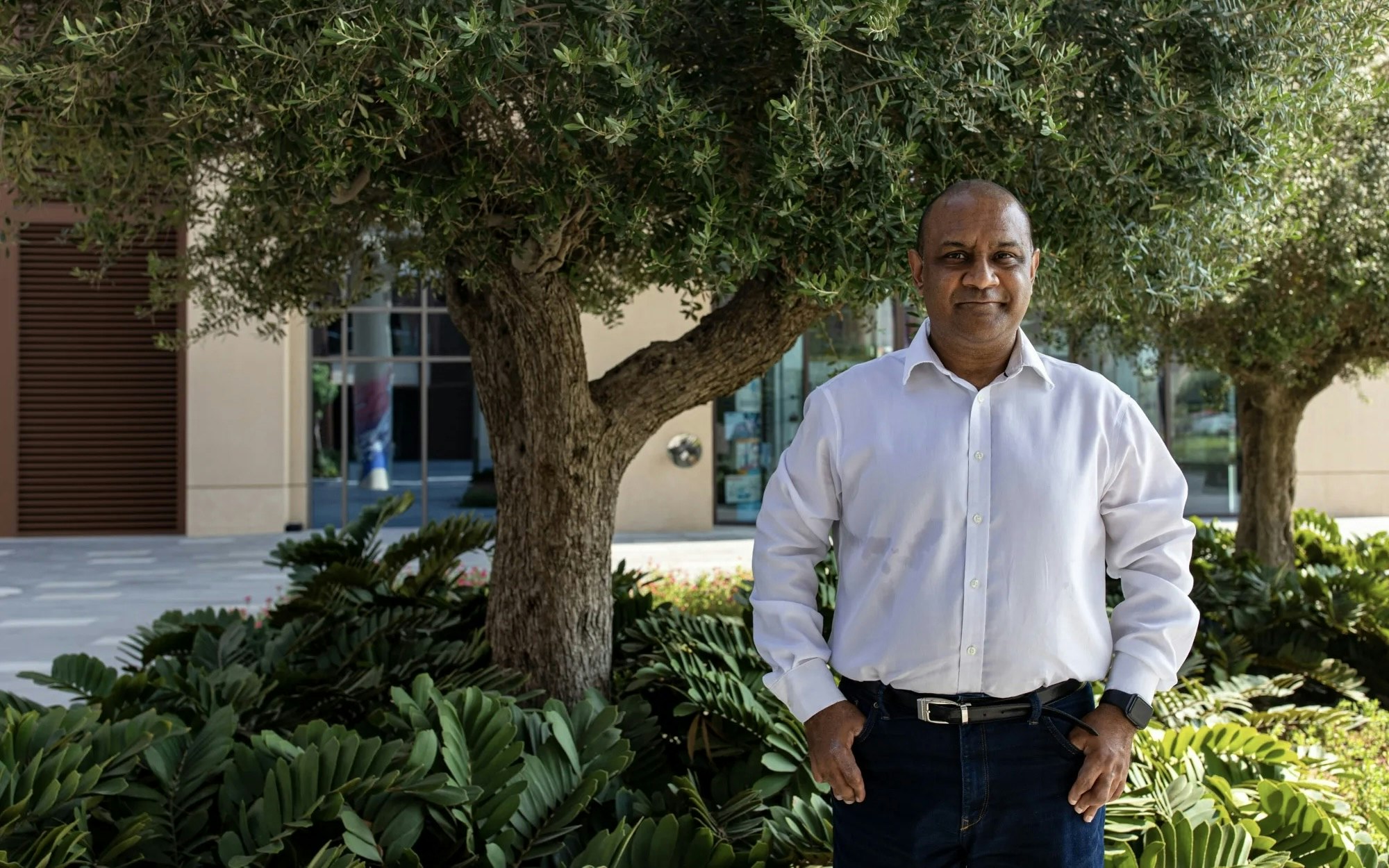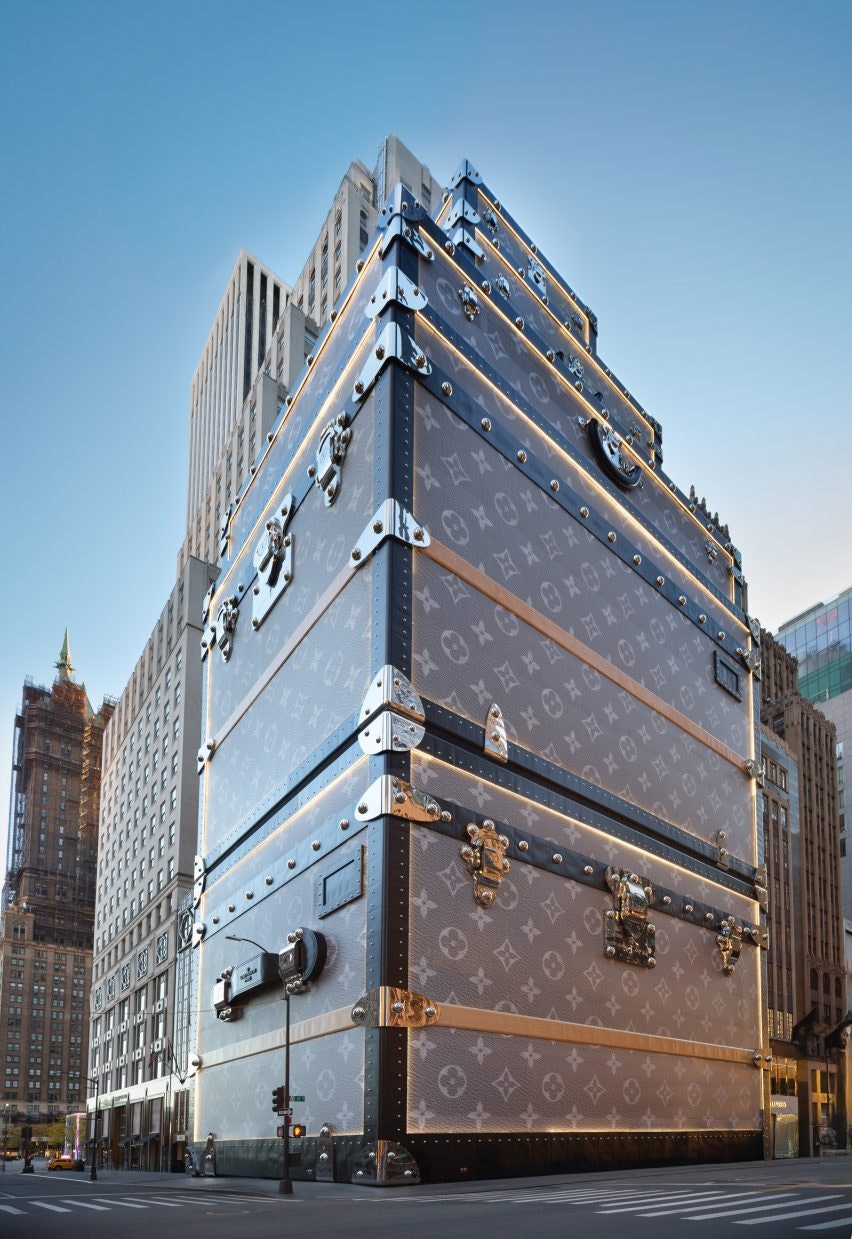The British government has reduced its stake in the NatWest Group to below 10 percent, thus advancing the complete return of the major bank to private hands. As announced on Friday, the state share has fallen to 9.99 percent — a significant decrease compared to the 38 percent the state held just a year ago.
The government became the major shareholder of the bank, then known as the Royal Bank of Scotland (RBS), with a £46 billion bailout package during the 2008/2009 financial crisis. Since 2015, the state has been gradually selling its shares. The most recent acceleration of sales was due to NatWest's buyback of its own shares worth £2.2 billion.
NatWest CEO Paul Thwaite, who has been in office since July last year, expects the bank to be fully privatized by 2025. "This will be a symbolic moment that will allow us to deploy capital more strategically and focus on the bank's future instead of repeatedly discussing its past," Thwaite said recently at the FT Global Banking Summit.
Thwaite plans to expand the bank's asset management business, which includes the private lender Coutts. Initially, he is focusing on organic growth but does not rule out acquisitions. The CEO sees privatization as an opportunity to strengthen NatWest's strategic position.
The NatWest share has recovered by almost 90 percent since the beginning of the year, supported by higher margins and growing loan and deposit volumes. The price is currently at 1.3 times the book value – a significant increase compared to 0.75 at the beginning of the year.
On Friday, NatWest also announced the appointment of Gill Whitehead to the board. The former manager at Google and Ofcom is the first appointment by the new Chairman of the Supervisory Board, Rick Haythornthwaite, who took over from Howard Davies in January. However, Haythornthwaite is facing criticism as he previously worked as an adviser to PetroSaudi International, a company whose executives were involved in the 1MDB corruption scandal.







